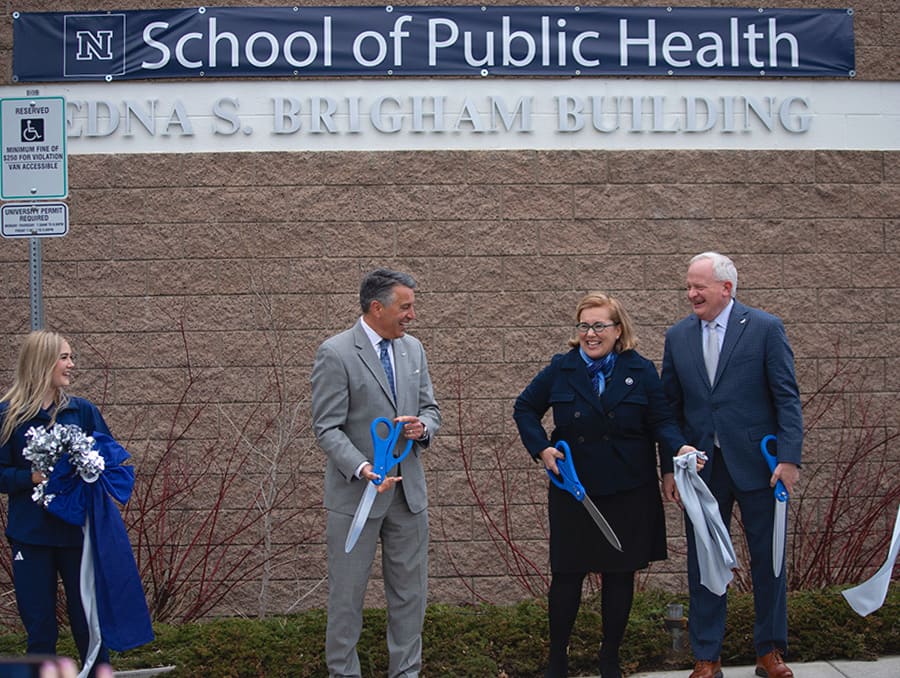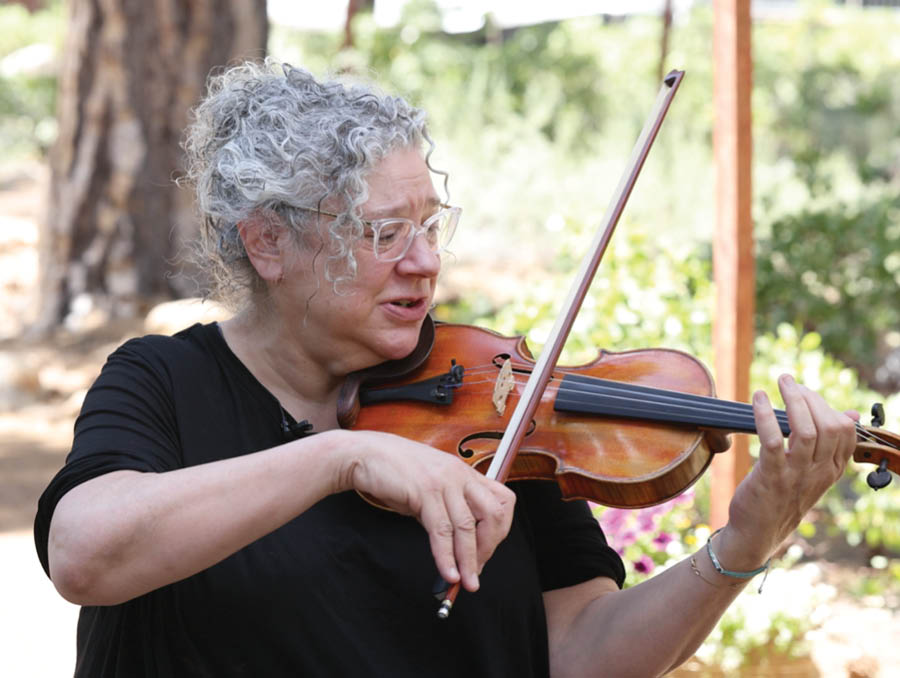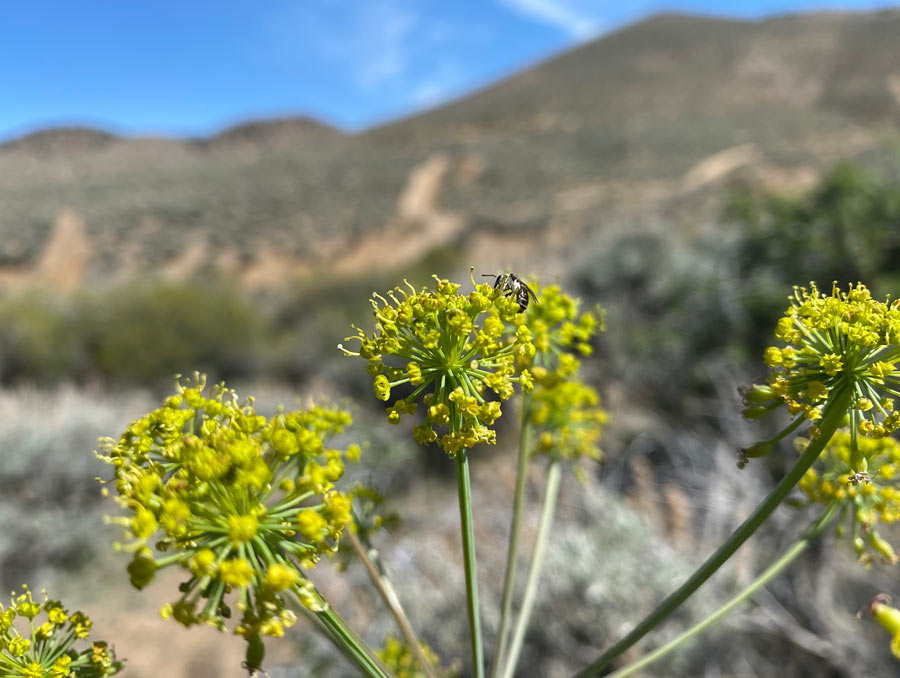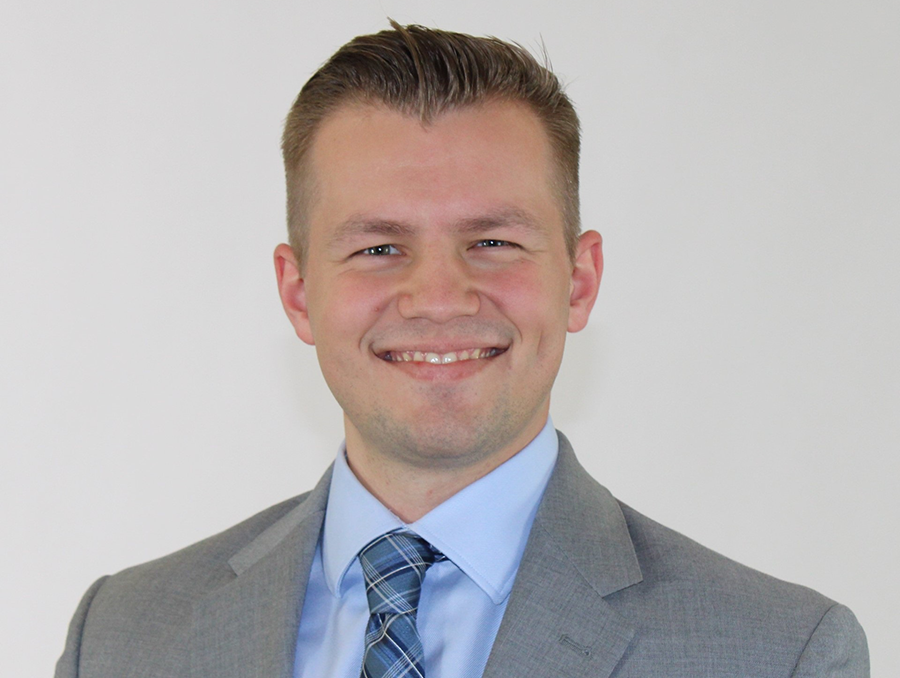After 24 years and a multitude of enlightening public programs, Judith Winzeler is retiring as executive director of Nevada Humanities. Her final day is Jan. 15, 2009.
Winzeler's long tenure has been marked by such signature productions as the long-running Chautauqua week in Reno and the rapidly expanding Vegas Valley Book Festival. It has also featured Young Chautauqua, the History Day in Nevada student competition, a speakers bureau bringing history and cultural talks to the far reaches of the state, and such popular books as The Donner Party Chronicles and the You Know You're a Nevadan If ... series. The most recent innovations are the fledgling Online Nevada Encyclopedia and the annual north and south Food for Thought discussion dinners.
Under Winzeler's leadership, hundreds of federal grants have been given to local organizations to produce their own programs. These programs have provided significant cultural underpinnings for the metropolitan areas, but have been even more important to rural communities, which often lack the funds to create such programs by themselves. A major fundraising effort is now under way to enable the organization to expand its reach.
In addition, in 2007 the organization published Sagebrush Urbanity II, Winzeler’s detailed history of the Nevada Humanities, 1990-2006. It picks up where Wilbur Shepperson's original Sagebrush Urbanity left off. In 2006, Winzeler also was honored by the Nevada Women's Fund at its 15th annual salute to Women of Achievement.
The Nevada Humanities board of trustees is honoring Winzeler by reinstituting an annual award and naming it the Winzeler Humanities Award. It will be given each year to people and organizations making significant contributions to the support and understanding of the humanities in Nevada. Board chairman Jim Frey said this is appropriate because Winzeler is "the person who has certainly done the most to meet the standards of excellence associated with the award."
"For Judy, it's been a labor of love," said Marilyn Melton, former humanities board chair. "She made it her life. She's always been there at the programs, and any challenge, she's always met it." Melton said that one of Winzeler's great traits has been her flexibility, being able to provide diverse programs for a diverse state and "to give the public what it wants while staying within government guidelines."
Wally Cuchine, another former board member who operates the Opera House and Sentinel Museum in Eureka, said "Judy is one of the easiest people to work with in a granting organization. As a grantee, I found her always there to help me with any questions that might come up. She always seemed to know the best way to go about making the program I was working on successful."
Winzeler joined Nevada Humanities in 1977 as a program officer for Northern Nevada. In 1978 she became assistant director, and in 1980, associate director. In 1984 the board named her executive director.
In 1987-89, Winzeler helped organize a statewide cultural conference called Oasis. In conjunction with the Nevada Historical Society, the Nevada State Museum, the Nevada Historic Preservation Office and the Nevada Arts Council, the conference brought people together in a common purpose. Fourteen years later it became a biennial event hosted by the Department of Cultural Affairs and Nevada Humanities. In 1988, the success of Oasis led to a study by the Legislative Counsel Bureau which laid the foundation for the Legislature's 1991 creation of the Nevada Commission for Cultural Affairs. In its first 10 years the commission awarded $2 million per year in grants to preserve historic structures as centers for the arts and humanities. It now awards $3 million a year, and has helped preserve more than 60 buildings across the state.
In 1990, Nevada Humanities brought National History Day to Nevada and hosted the annual competition until 2006, when the Nevada Department of Education took over. Nevada Humanities remains a sponsor. Through original performances, documentaries, papers and exhibits, students show what they have learned about an important historical theme.
The Great Basin Chautauqua (now the Nevada Humanities Chautauqua) began in 1992 as a co-creation of Winzeler and Clay Jenkinson, who had helped found the modern Chautauqua movement in the Midwest and became nationally known for his portrayal of Thomas Jefferson. Recreating the tent shows of an earlier era, the Nevada Chautauqua offered scholars portraying historic figures and proved highly popular. In 2008 it left the tent for an outdoor amphitheater. A similar program occurs each year in Boulder City.
This led to the 1993 creation of Young Chautauqua, featuring students as the historic characters. Not only did Young Chautauqua prove highly successful in Nevada, it has been copied by other states. In 2001, it received a Coming Up Taller Award from the President's Commission on the Arts and Humanities.
In 2002, the Vegas Valley Book Festival was started, bringing to Southern Nevada such noted authors as Pulitzer Prize winner Michael Chabon and Sarah Vowel, author of The Partly Cloudy Patriot.
The Online Nevada Encyclopedia, launched in 2007, features articles about Nevada history. When it is fully fleshed out, it will contain information about almost every important aspect of Nevada's past and present. Called ONE, it also features photographic exhibits in which viewers can "move through" caves, buildings and other sites. Two popular features are called Las Vegas and Reno "Then and Now," in which old photographs of the two cities morph into modern day photos at the same locations.
Nevada Humanities is one of 56 state and territorial humanities councils affiliated with the National Endowment for the Humanities. It creates and supports projects that help build a more informed and engaged citizenry, and that do what the humanities have done historically — provide a beneficial foundation for life and thought.











